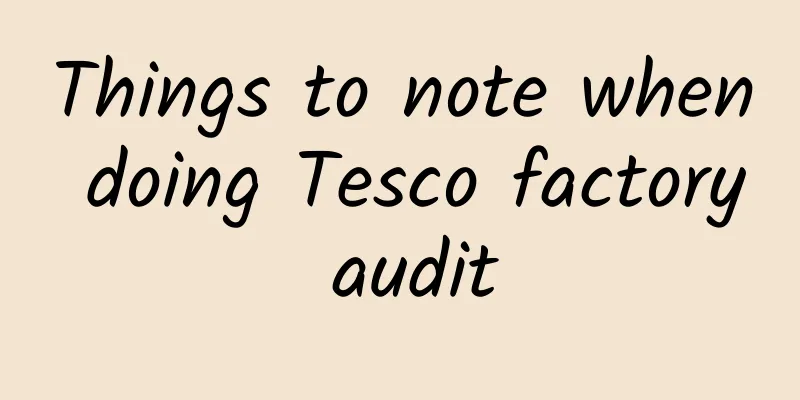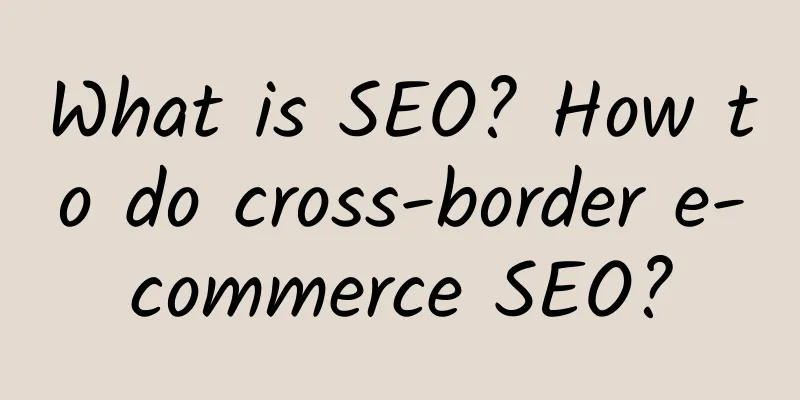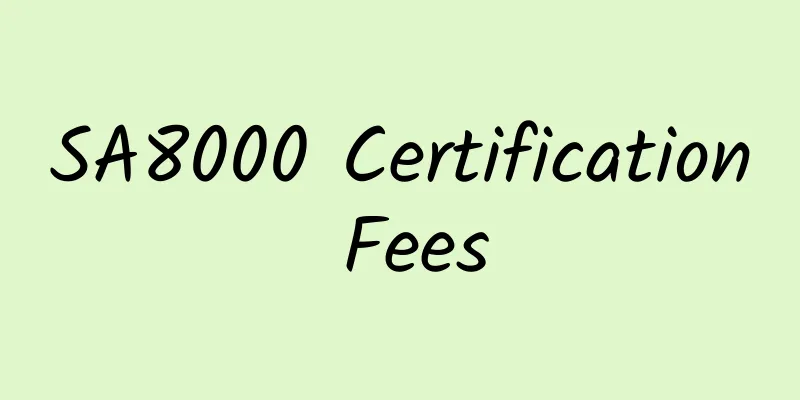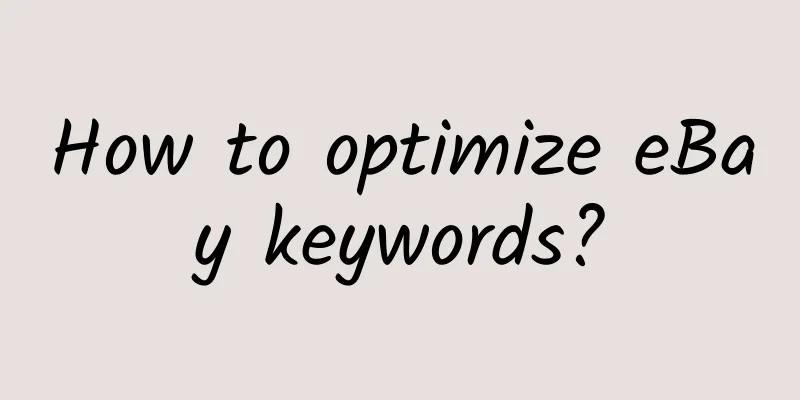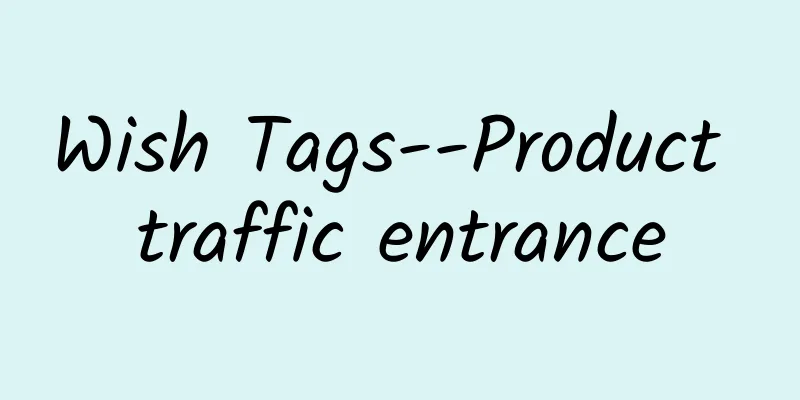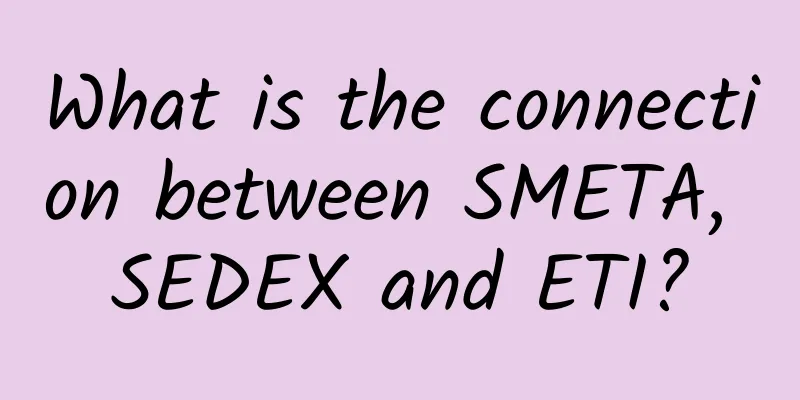EICC Health, Safety and Ethics Code
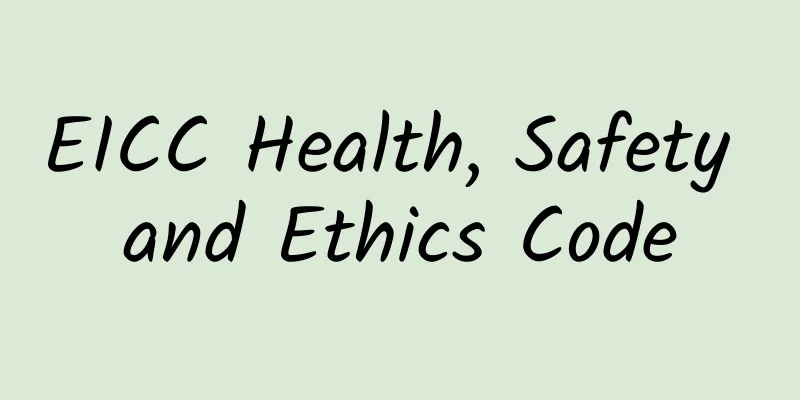
|
The EICC Health and Safety Standards are: 1) Occupational safety Potential hazards that employees may encounter in the workplace (such as electrical and other energy sources, fire, vehicles, slip, trip and fall hazards) should be controlled through proper design, engineering and management controls, preventive maintenance, safe operating procedures (including lockouts/tagouts), and ongoing safety knowledge training. If the hazard source cannot be effectively controlled through the above methods, employees should be provided with appropriate and well-maintained personal protective equipment. Disciplinary measures should not be used to improve employee safety awareness. 2) Emergency Preparedness Emergency situations and incidents should be identified and assessed, and their impact minimized through the implementation of emergency plans and response procedures, including: emergency reporting, employee notification and evacuation procedures, worker training and drills, appropriate fire detection and extinguishing equipment, adequate exit facilities and recovery plans. 3) Occupational injuries and diseases Procedures and systems should be established to prevent, manage, track and report occupational injuries and illnesses, including provisions to: encourage employee reporting; classify and record injury and illness cases; provide necessary treatment; investigate cases and implement corrective actions to eliminate similar situations; and assist employees in returning to work. 4) Industrial Hygiene The effects of chemical, biological, and physical agents on employees should be identified, assessed, and controlled. Excessive exposure to hazardous sources must be controlled through engineering and management means. When the hazard cannot be effectively controlled by these means, an appropriate personal protective equipment program should be established and operated to protect the health of employees. 5) Jobs that require high physical effort The effects of physically demanding work on workers, including manual material handling and repetitive heavy lifting, prolonged standing, and highly repetitive or forceful assembly work, should be identified, evaluated, and controlled. 6) Machine protection Production equipment and other machinery should be assessed for hazards. Machinery that could cause harm to workers should be provided with physical guards, interlocks, and barriers and properly maintained. 7) Public hygiene, restaurants and dormitories Workers should be provided with clean toilet facilities, drinking water, clean food preparation and storage facilities, and dining utensils. Worker dormitories provided by the participant or labor agency should be kept clean and safe, and provide appropriate emergency exits, hot water for bathing, adequate heating and ventilation, and reasonable private space with easy access. EICC Code of Ethics: To fulfill their social responsibilities and succeed in the market, participants and their agents must adhere to the highest standards of ethics, including: 1) Clean management The highest standards of integrity should be observed in all business interactions. Participants should prohibit any and all forms of corruption, extortion and embezzlement, and should implement monitoring and enforcement procedures to ensure compliance with integrity requirements. 2) No improper gains Bribes or other forms of improper gains must not be offered or accepted. 3) Information Disclosure Disclose information about business activities, organizational structure, financial situation and performance in accordance with applicable regulations and prevailing industry practices. 4) Intellectual Property Intellectual property rights should be respected; the transfer of technology and production experience must properly protect intellectual property rights. 5) Fair Trade, Advertising and Competition Standards for fair dealing, advertising and competition should be established. Participants must have measures in place to protect customer information. 6) Identity confidentiality Procedures should be in place to protect supplier and employee whistleblowers and ensure the confidentiality of their identities. |
<<: WAL-MART factory inspection rectification report issues
>>: SEDEX Membership Guidelines Terms
Recommend
What is SEO? How to do cross-border e-commerce SEO?
What is SEO? Search engine optimization, commonly...
How is MaBang ERP? How much does it cost? Which platforms does MaBang ERP connect to?
How about MaBang ERP? Mabang ERP is the flagship ...
What is Paytm? What are the conditions for registering with Paytm? How much is the platform fee of Paytm?
What is Paytm? Paytm is India's largest mobil...
How is Ant Logistics? What services does Ant Logistics provide?
How about Ant Logistics? Chengdu Ant Logistics Co...
What are Google Ads? What are the advertising formats of Google Ads?
What is Google Ads? Google Ads is a self-service ...
Sinostar – Brazil parcel logistics service
What is Sinostar? Sinostar Brazil Express is a Br...
What is Anker Innovations? What brands does Anker Innovations have?
Anker Innovations Technology Co., Ltd. was founde...
Is it better to have a Mango store manager or a store secretary?
Mango Store Manager Cost: Forever free software, ...
To protect forests, start by understanding FSC forest certification!
Forest certification, also known as timber certif...
How is Yilong Express? What are the international express routes of Yilong Express?
How about Yilong Express? Yilong Express Co., Ltd...
What are the functions of Emailcamel's email verification?
Emailcamel's function 1: Easy-to-understand e...
What is Edison? What are its advantages?
What is Edisen? Established in 2017, Edisen Busin...
What is Seller Growth VAT like? What are the core services of Seller Growth VAT?
Seller Growth VAT (affiliated to Shenzhen Qianhai...
What are the things to pay attention to during VF factory inspection?
What are the precautions for VF factory inspection...
Why Nykaa, India's top online beauty retailer, focuses on physical stores
Nykaa, one of India’s top beauty e-tailers, is ch...
